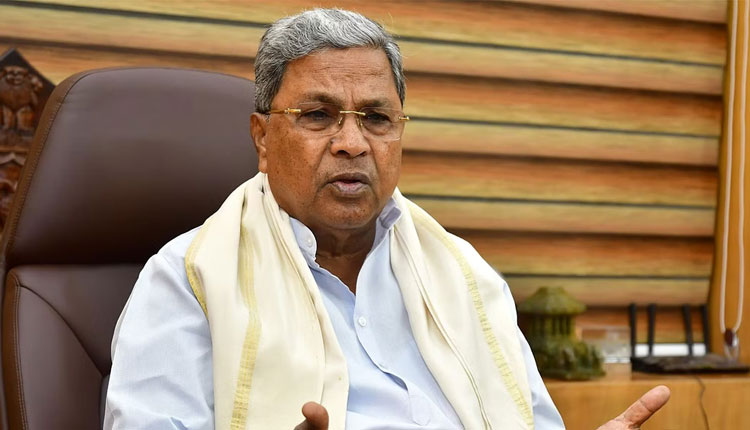Bengaluru: In a significant political development, Karnataka Governor Thaawarchand Gehlot has given the green light for the prosecution of Chief Minister Siddaramaiah in the Mysore Urban Development Authority (MUDA) land scam case. The decision has drawn sharp criticism from the Congress, who have labelled the move as unconstitutional and politically motivated. Senior advocate Abhishek Manu Singhvi accused the Governor of attempting to destabilise the government with his order, while Siddaramaiah himself has dismissed the case as a conspiracy against his leadership.
The Congress, currently holding a strong majority with 137 seats in the 224-member Karnataka Assembly, has expressed concerns over potential political instability despite their numerical advantage. With memories of the 2019 government collapse still fresh, the party fears a repeat scenario, despite holding 25 seats above the majority mark. In 2019, a similar period of turmoil led to the fall of the Congress-Janata Dal (Secular) government after 15 Congress MLAs rebelled post the Lok Sabha elections.
Internal Factionalism and Rising Tensions
Beyond the Governor’s actions, internal factionalism within the Congress remains a critical concern. The rift between Siddaramaiah and Karnataka Pradesh Congress Committee President DK Shivakumar has created additional instability. Recently, three ministers aligned with Siddaramaiah have publicly voiced their displeasure, demanding additional deputy chief minister posts and pushing for the “One Post, One Person” principle to reduce Shivakumar’s influence. Although Shivakumar has offered public support for Siddaramaiah following the Governor’s decision, tensions within the party persist.
Historical Precedents and Political Fallout
The fear of political repercussions is not unfounded. Historically, several chief ministers have faced imprisonment following similar actions by governors. In 1997, then-Bihar Governor AR Kidwai sanctioned the prosecution of Lalu Prasad Yadav in the fodder scam, leading to his eventual arrest. In 2011, Karnataka’s own BS Yeddyurappa was forced to resign after Governor Hansraj Bhardwaj permitted prosecution in a land scam case. More recently, Delhi Chief Minister Arvind Kejriwal was jailed in 2024 following a prolonged investigation initiated by the Lieutenant Governor in the alleged liquor scam.
Current Assembly Equation
The Karnataka Assembly currently has 224 seats, with three vacant. The Congress holds 134 seats, with additional support from Sarvodaya Congress and two independent MLAs, providing a comfortable buffer. The Bharatiya Janata Party (BJP) has 66 seats, while the Janata Dal (Secular) holds 18 seats. For the NDA to form a government, they would require at least 25 MLAs to shift allegiance.
Congress Fears Rooted in Past Setbacks
The Congress party’s anxiety is also shaped by a series of government collapses across different states. Following the Karnataka crisis in 2019, the Congress government in Madhya Pradesh fell in 2020 after Jyotiraditya Scindia defected to the BJP. In 2022, Maharashtra’s Maha Vikas Aghadi government, backed by Congress, also crumbled when key Shiv Sena leaders switched sides.
As the political temperature rises in Karnataka, all eyes will be on the unfolding dynamics within the Congress and the strategies employed by both sides to navigate this high-stakes crisis.



Comments are closed.